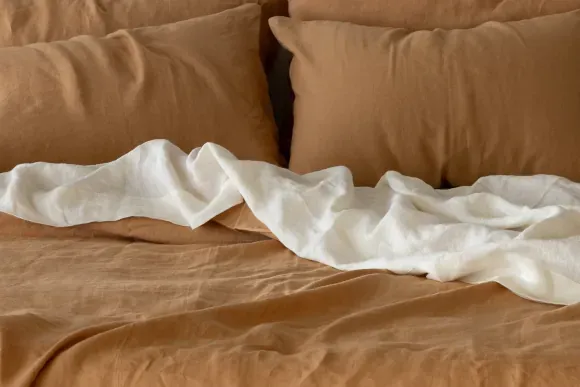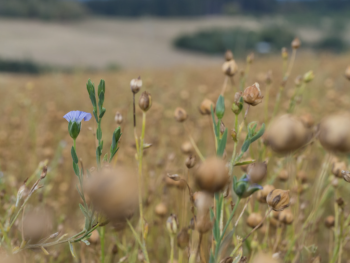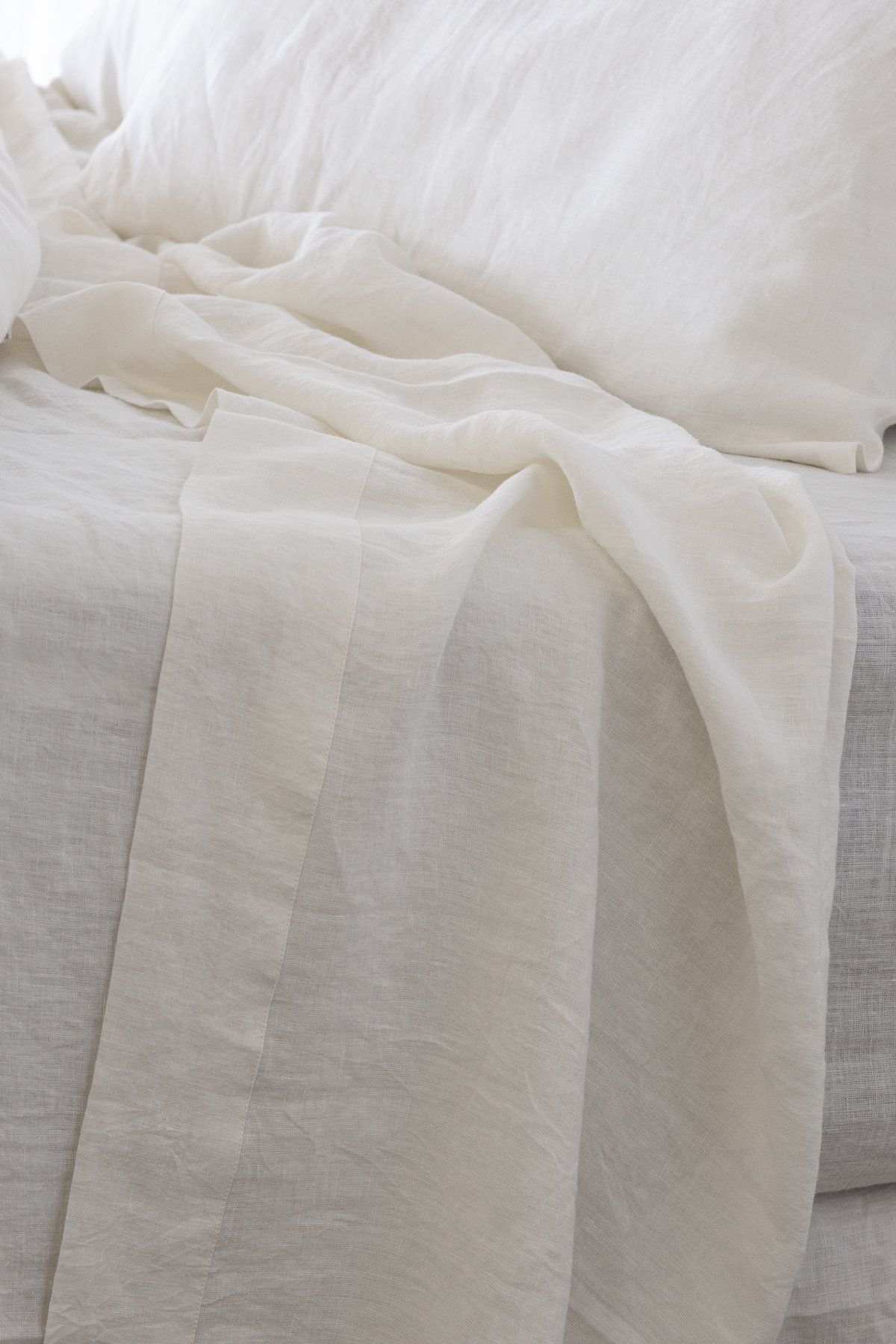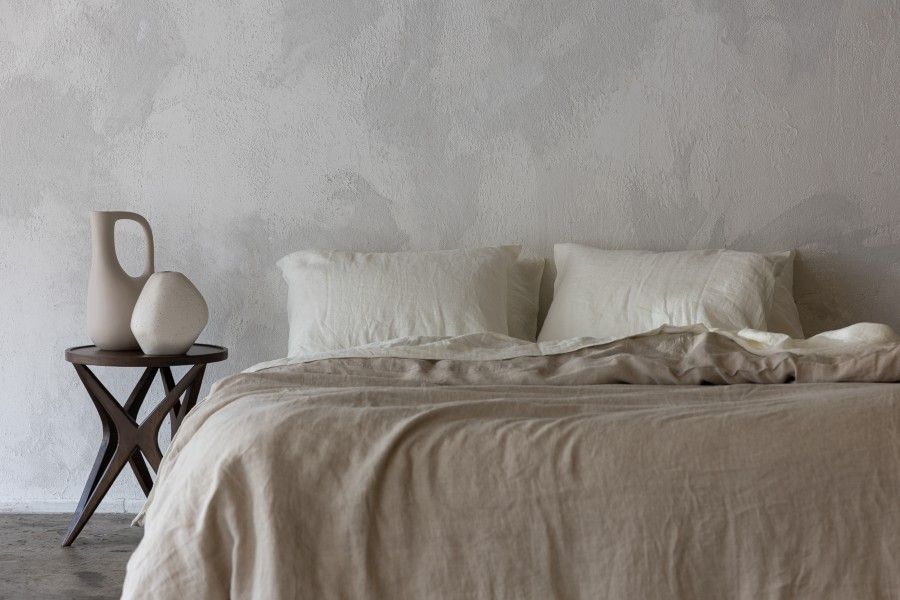
Why Linen Sheets Are More Sustainable (& Better) Than Cotton and Bamboo
When it comes to choosing bedding, many people weigh comfort, style, and durability. Increasingly, sustainability is a huge part of the decision as well. So, why are linen sheets more sustainable (& better) than cotton and bamboo?
Cotton and bamboo are both popular choices, but if you’re looking for the most eco-friendly, long-lasting, and naturally comfortable option, 100% linen stands out from the rest. Here’s why.
Linen uses less water to grow than cotton and bamboo
Cotton is one of the thirstiest crops in the world. It requires enormous amounts of irrigation, pesticides, and fertilisers to grow, making it tough on the planet.
Bamboo is often marketed as “eco-friendly,” but the process of turning tough bamboo stalks into soft fabric typically involves heavy chemical treatments and high water usage.
By contrast, linen is made from the flax plant, which thrives on natural rainfall and needs far less water to grow. It’s one of the most water-efficient textiles available, making it a genuinely sustainable choice.

Linen is fully biodegradable
At the end of its life cycle, 100% linen returns to the earth without leaving behind harmful microplastics or chemical residues. Cotton will biodegrade too, but bamboo-based fabrics – often a rayon or viscose – undergo so much processing that they lose this natural advantage. Choosing pure linen means choosing a fabric that goes back to the soil as cleanly as it came out.
Stronger and longer lasting
One of linen’s superpowers is its strength. Flax fibres are naturally thicker and sturdier than cotton or bamboo fibres, which means linen sheets can last decades if cared for properly. Cotton wears out faster and loses shape over time, and bamboo fabrics, while silky soft at first, tend to pill and weaken after repeated washing and use.
Sustainability isn’t just about how something is made – it’s also about how long it lasts. With linen, you won’t need to replace your sheets nearly as often, which saves resources (and your wallet) in the long run.
Naturally low-impact farming
Flax is a hardy plant. It grows well in cooler climates, requires fewer pesticides than cotton, and makes use of the whole plant. Nothing goes to waste. Linseed oil, flaxseed for food, and even byproducts for animal feed come from the same crop.
Comfort that improves with time
While cotton softens with use and bamboo starts off silky, linen has a unique quality. It gets softer, stronger, and more beautiful the more you use it. That means your sheets don’t just last longer – they get better over time. This built-in longevity is one of the most sustainable features of all.

Temperature-regulating and naturally antibacterial
Beyond sustainability, linen performs better in daily life. It keeps you cool in summer, warm in winter, and wicks away moisture so you stay comfortable all night.
It’s also naturally antibacterial and hypoallergenic, making it ideal for sensitive skin. Cotton and bamboo have their merits, but they can’t match linen’s unique ability to adapt to your body and environment.
To wrap up
Cotton and bamboo sheets are often marketed as sustainable, but when you look closely at the full picture, 100% linen comes out ahead.
Linen uses less water, lasts longer, and returns safely to the earth when its time is up – all while offering unmatched comfort and beauty.
When you choose linen, you’re not only investing in better sleep – you are also investing in a fabric that’s kinder to the planet.

